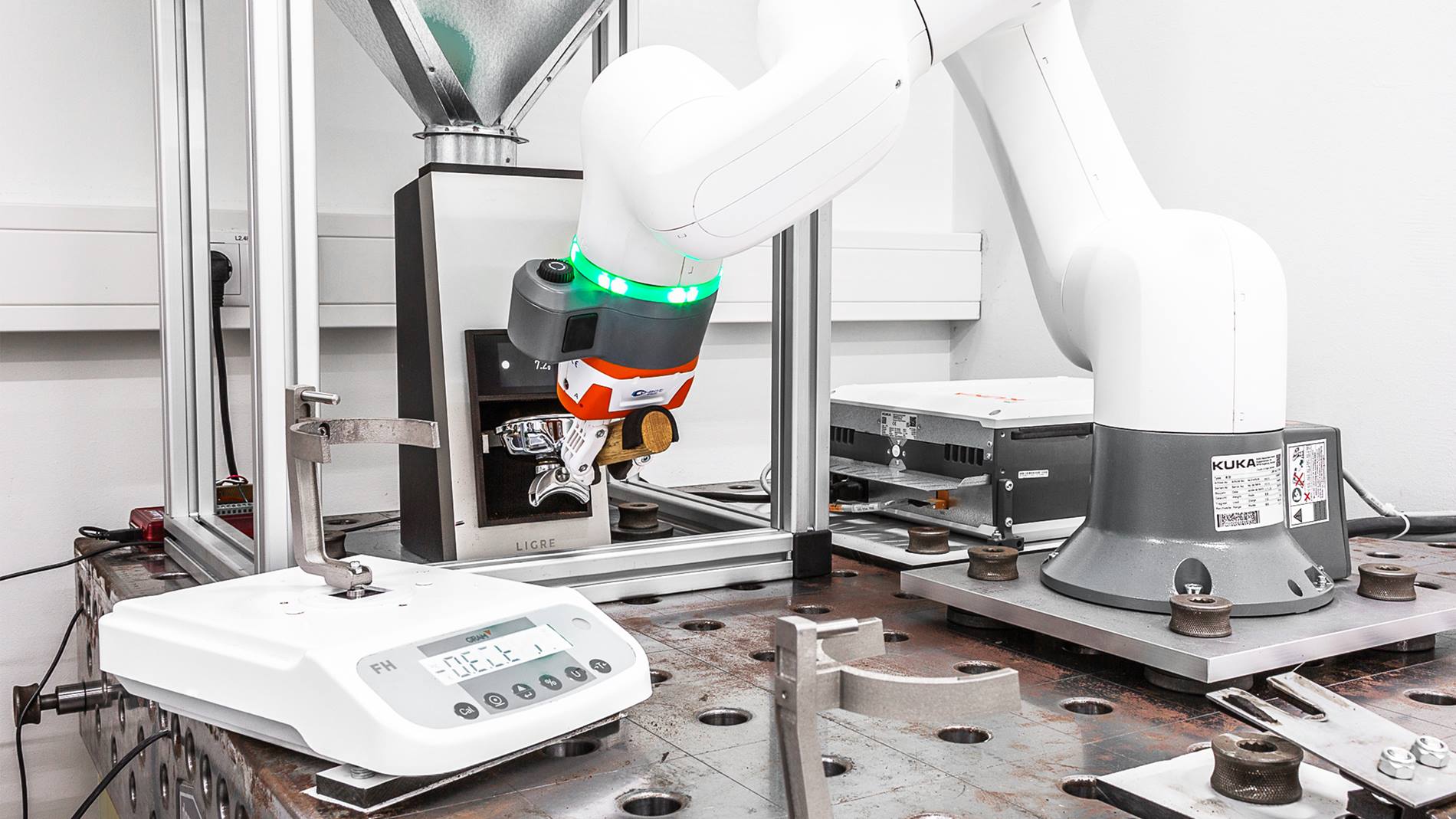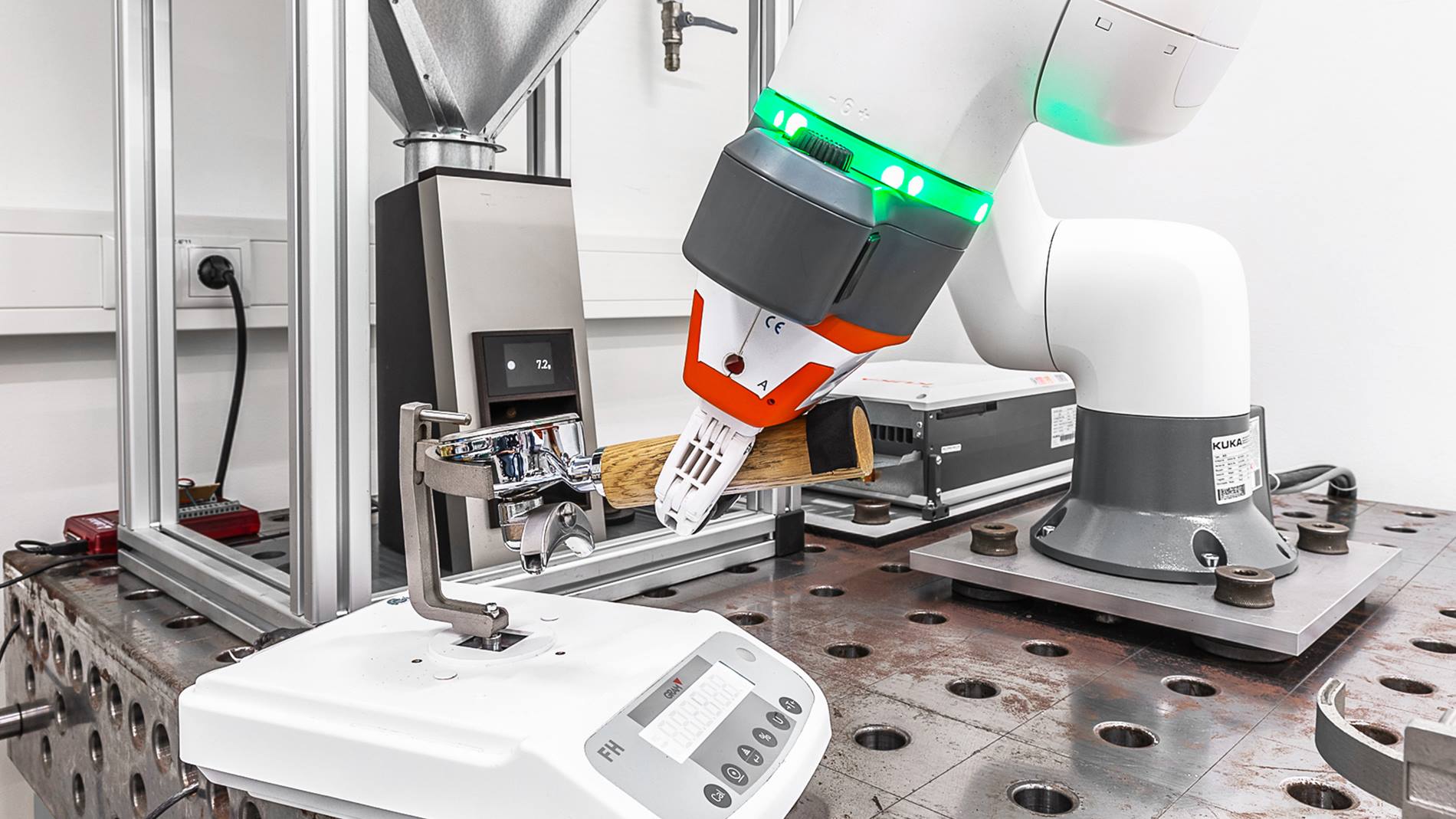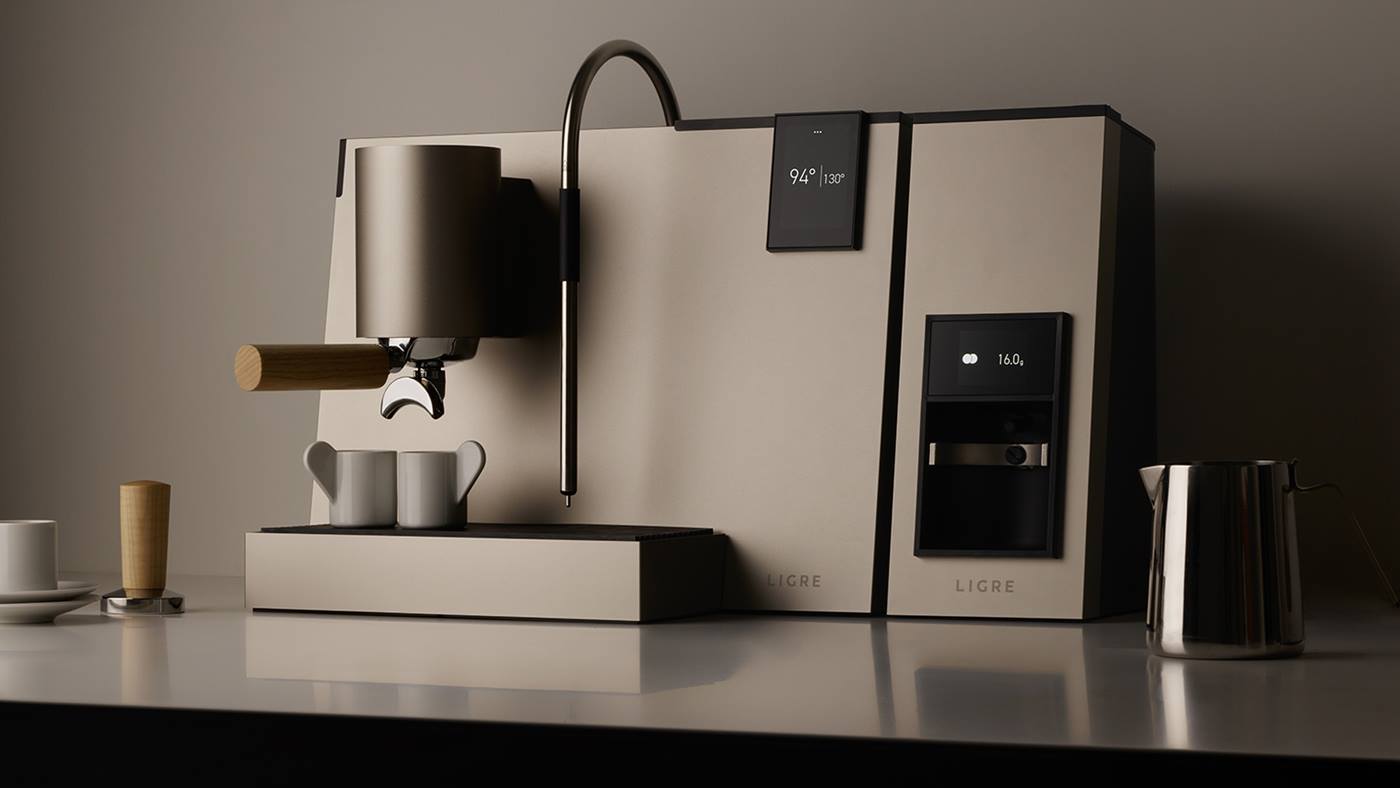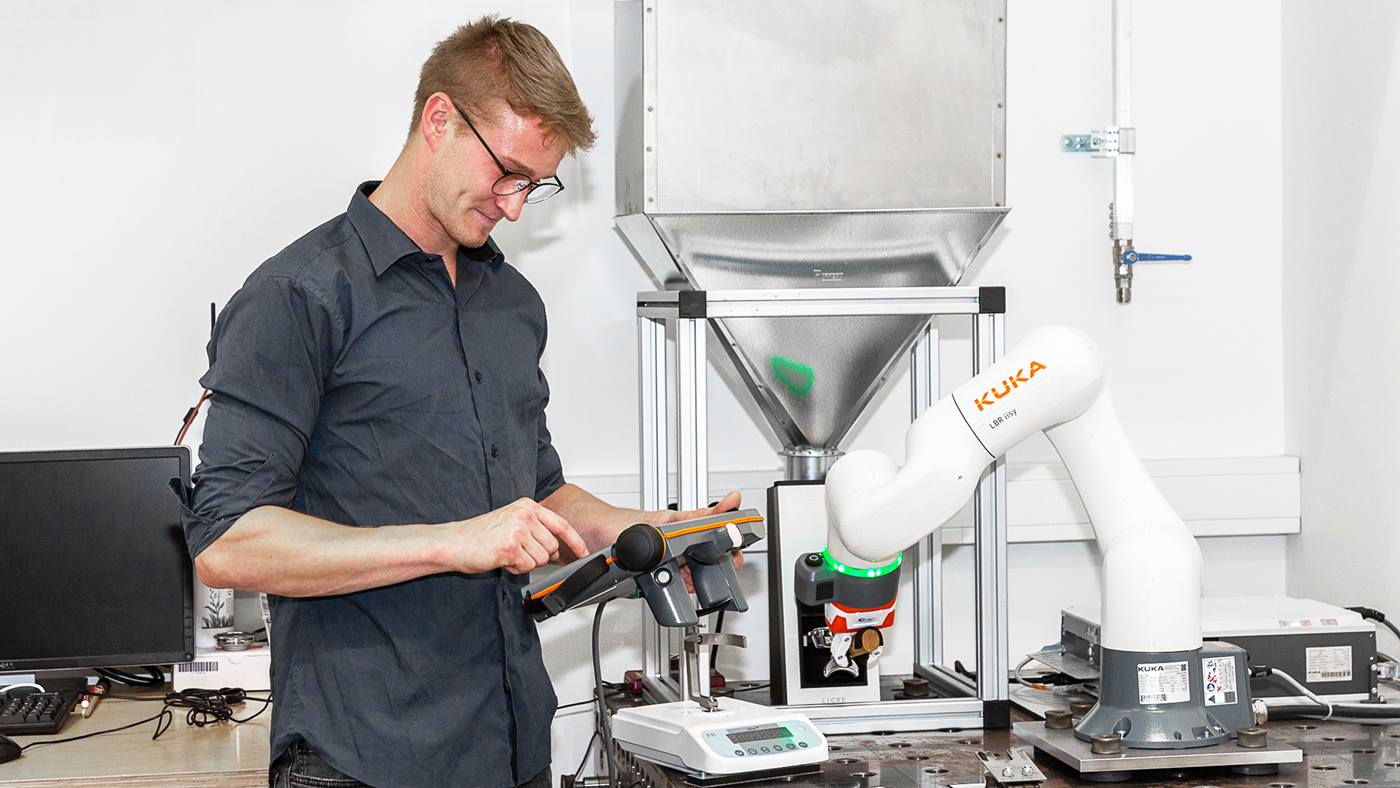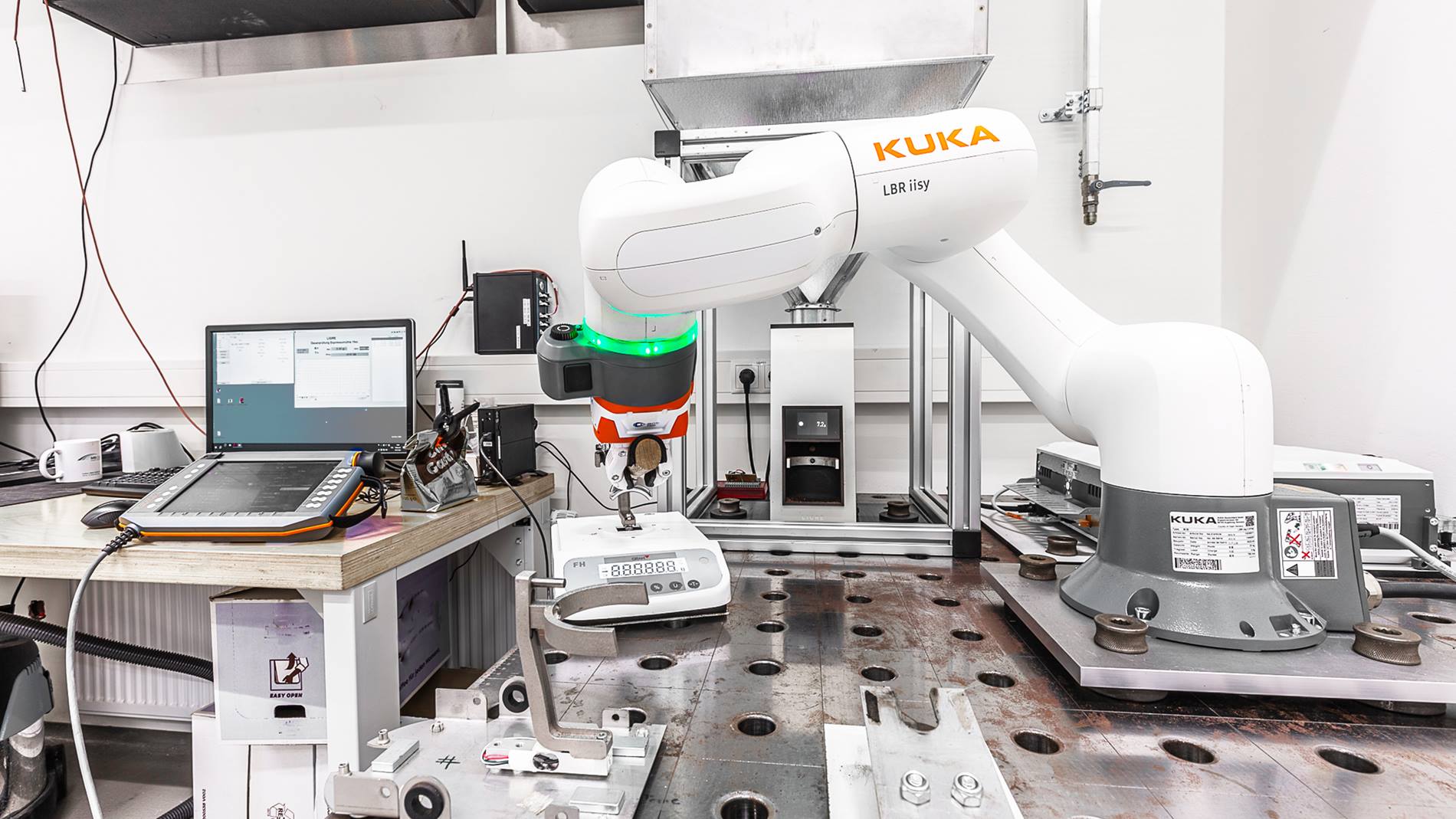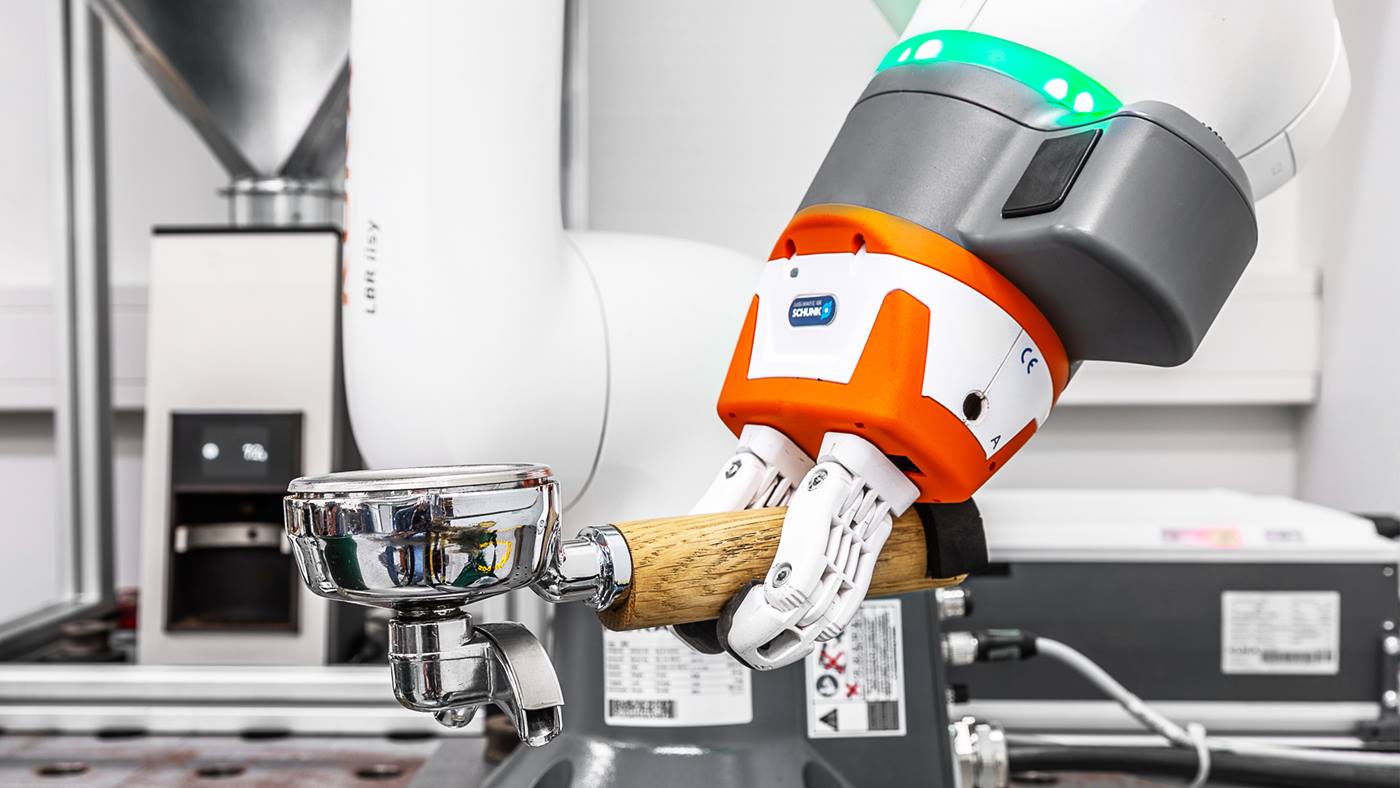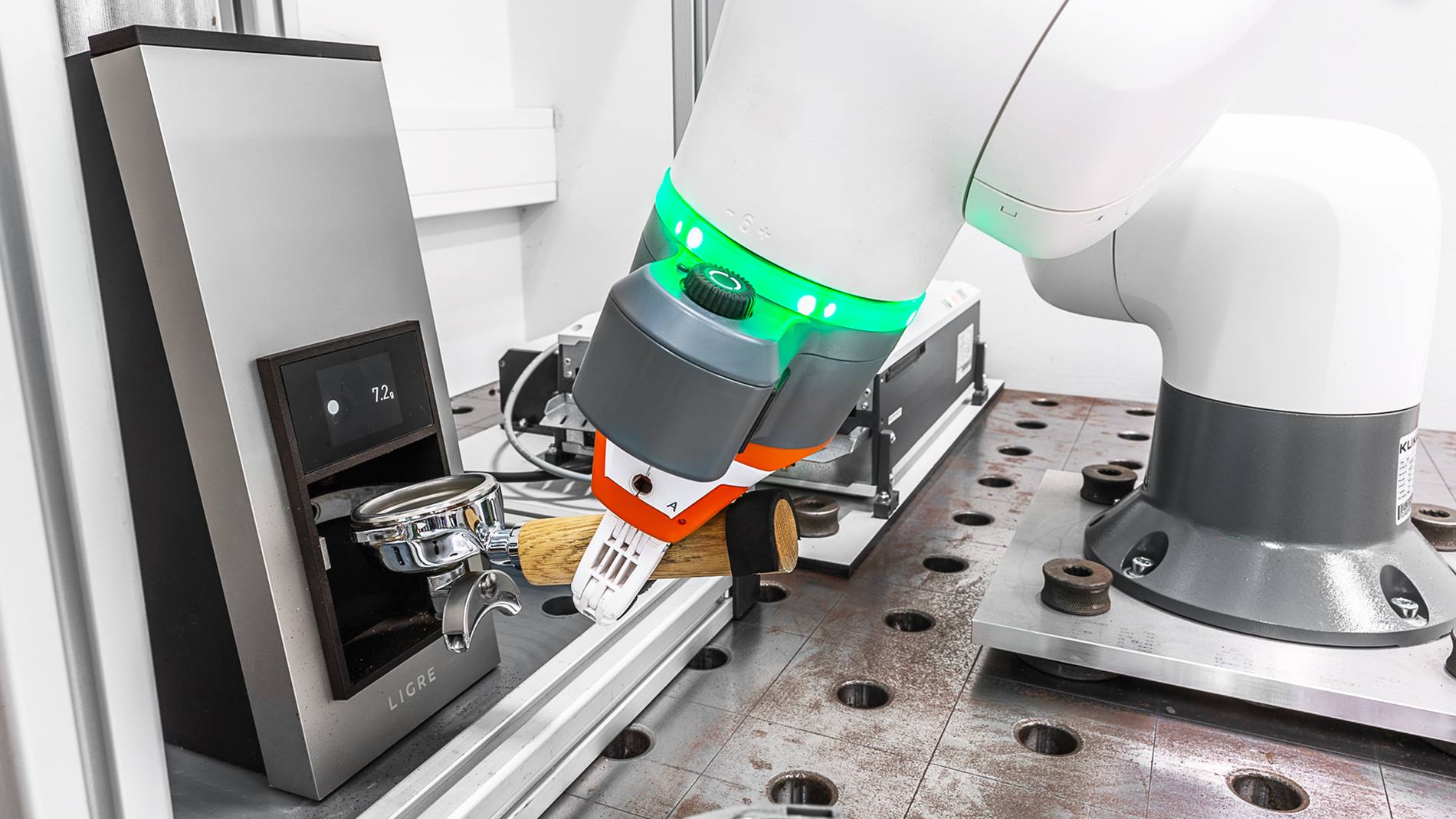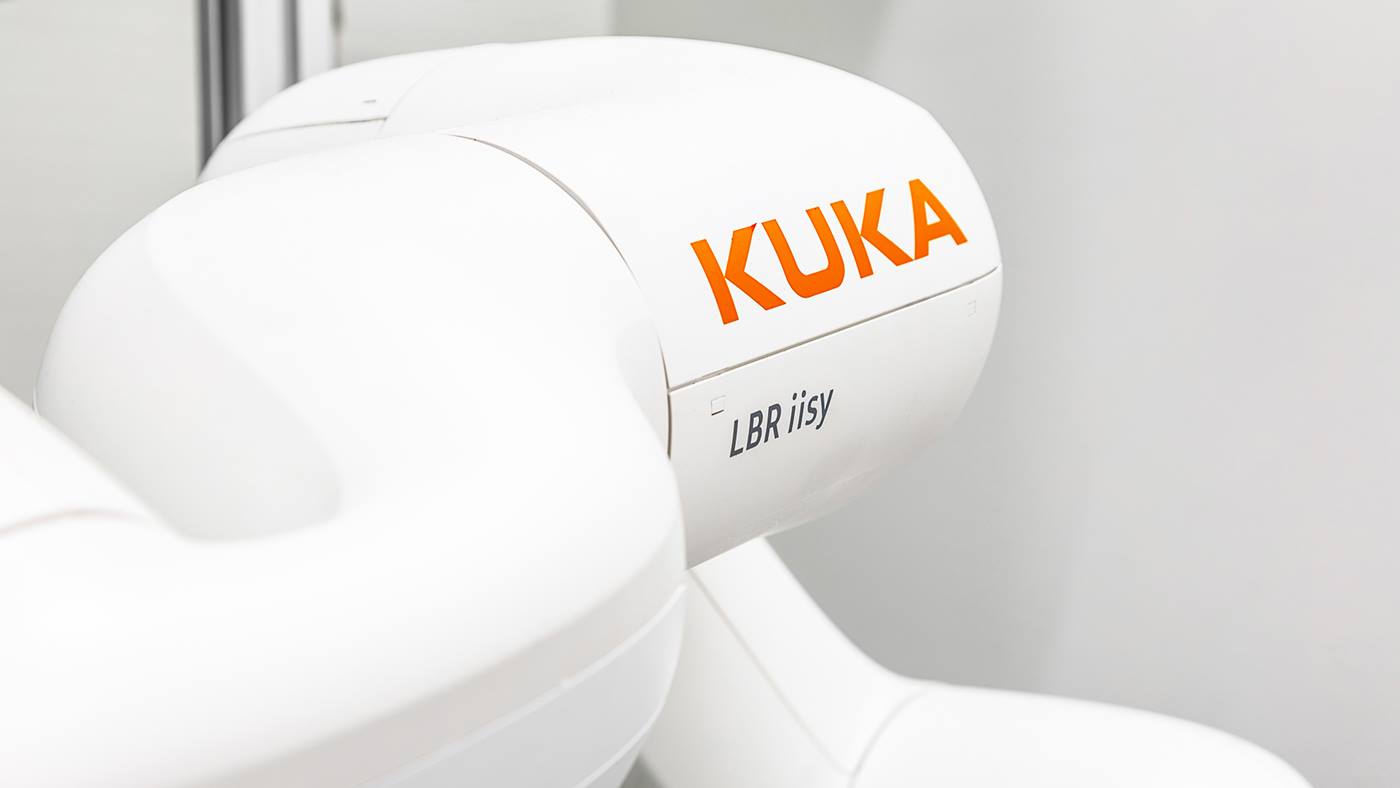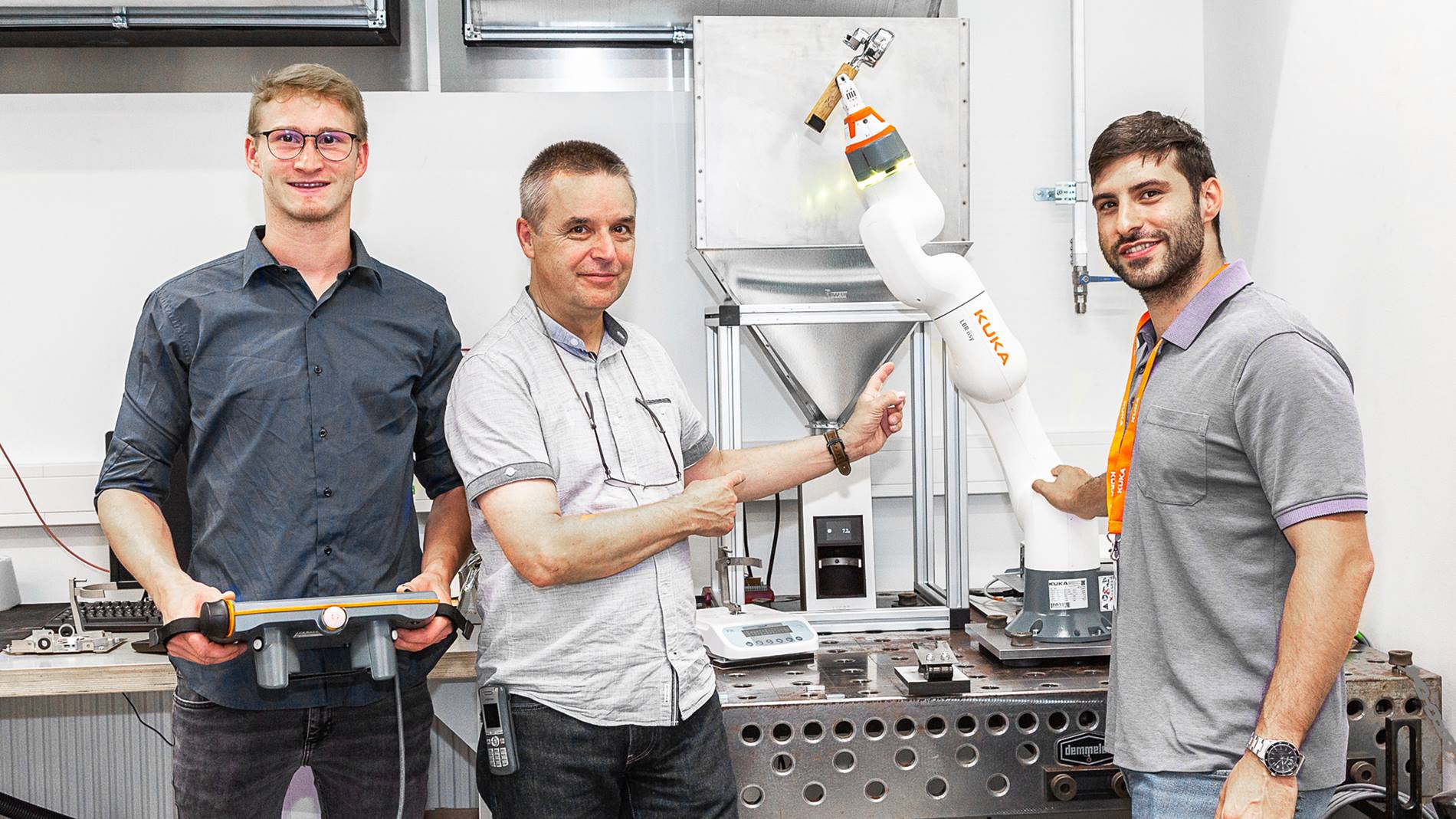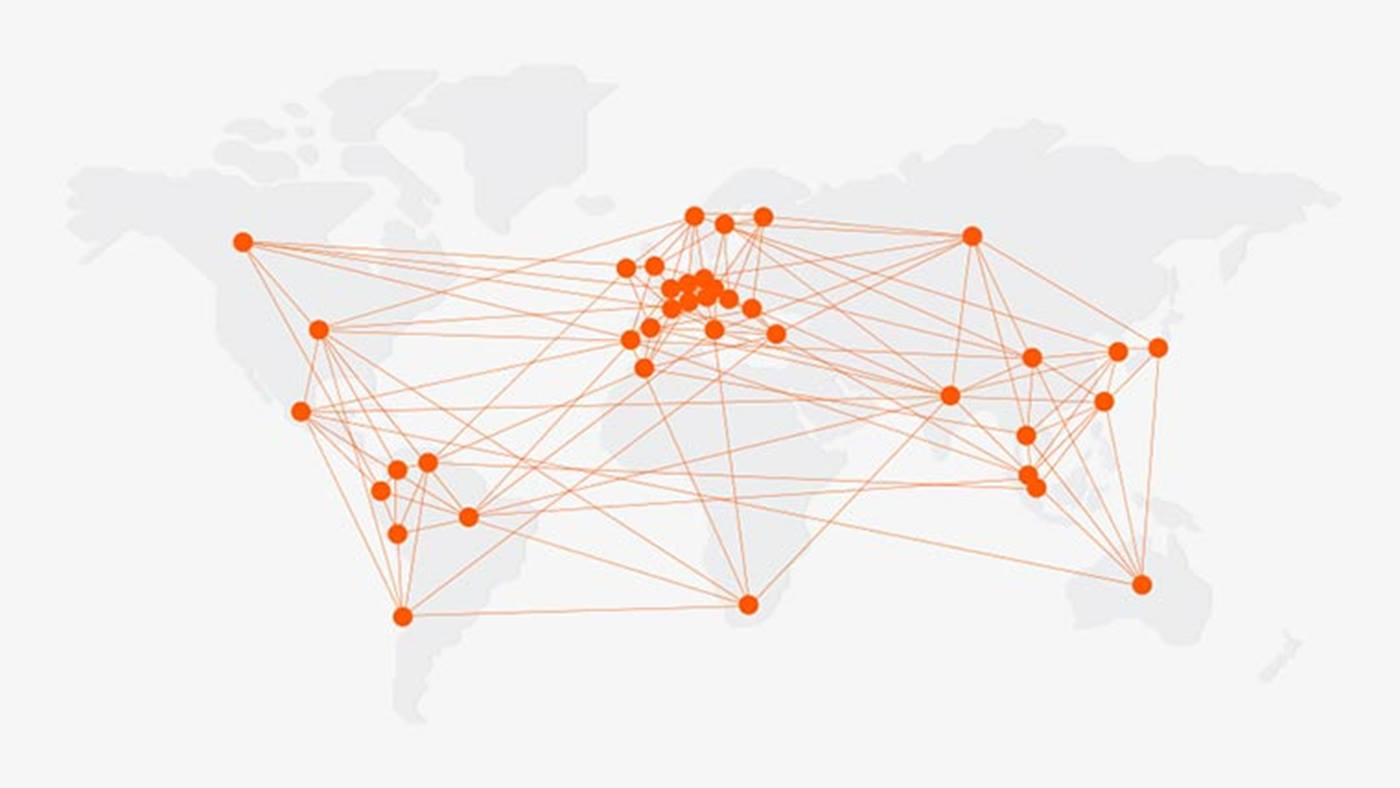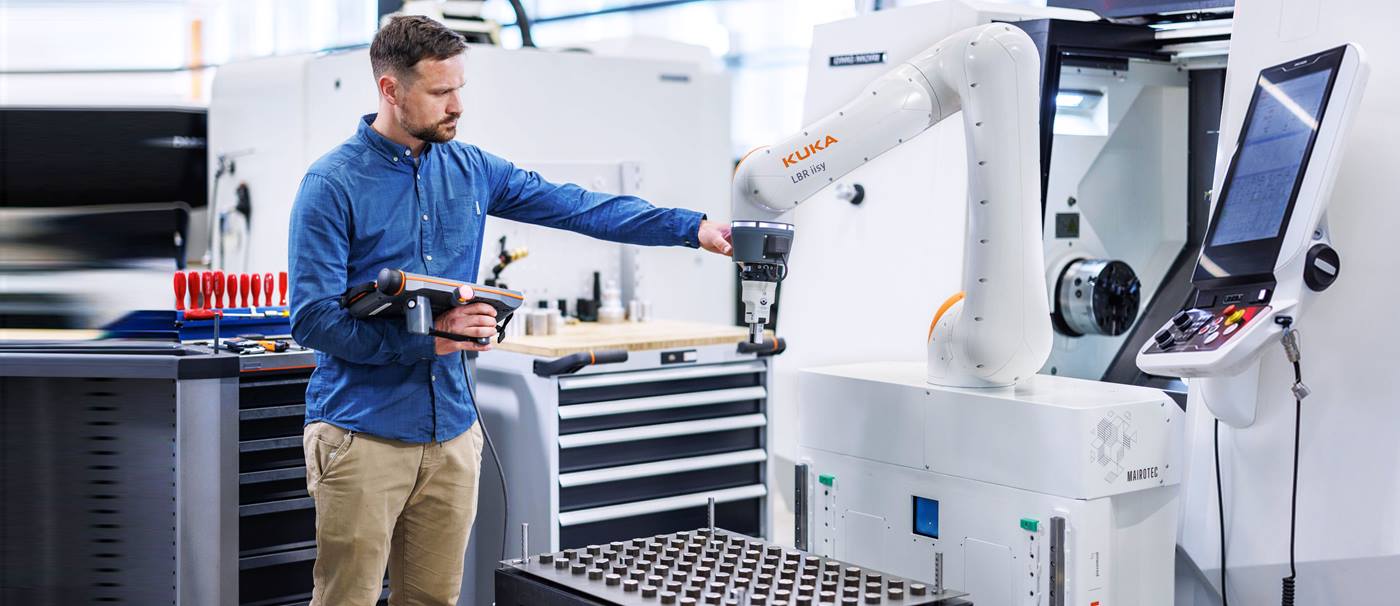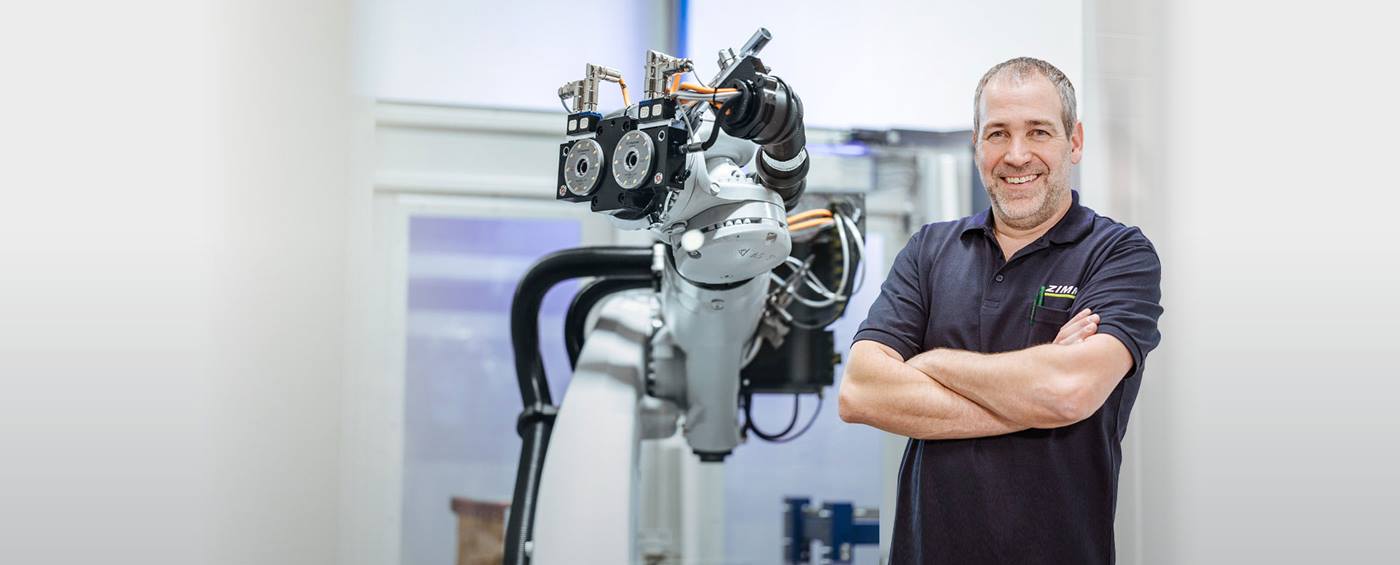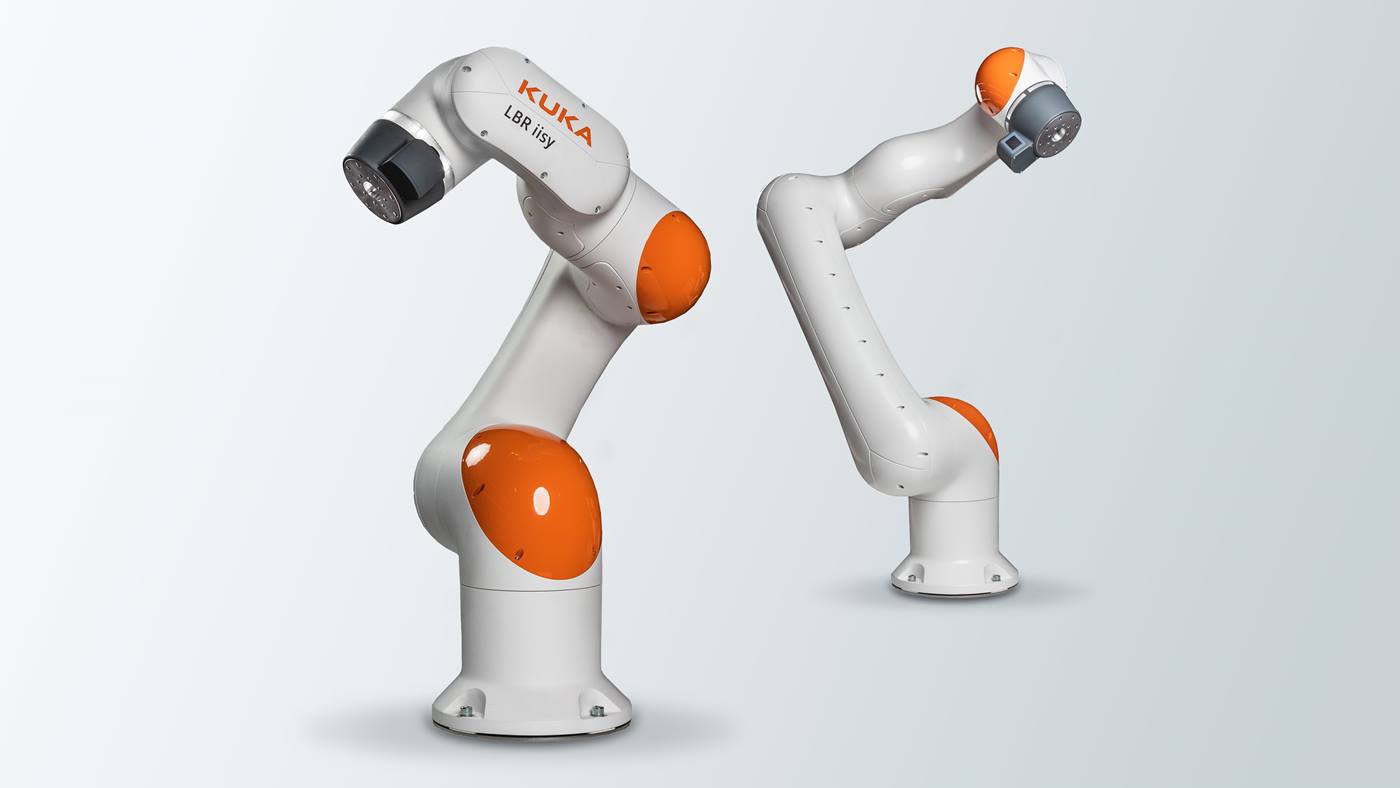Premium supplier for high-end devices and assemblies
The Gronbach Group was originally founded in 1964 as a hinge manufacturing company. After rapid development, Gronbach currently manages five production sites in Europe, a sales office in the U.S. and around 1,200 staff members. As an original equipment manufacturer (OEM), they specialize in the development and production of technical assemblies and complex products. These products are delivered internationally to more than 500 customers that vary from start-up organizations to large corporations. They work predominantly in the household appliances industry with coffee machines, cooktops, steamers and numerous other devices. Gastronomy, medical and automotive industries are also represented among its customers.
For Gronbach, quality is their top priority. At the production and research and development (R&D) site in Niederndorf, Austria an in-house team is devoted to research and customer-specific development of product assembly. Everything comes together in terms of mechanics, electronics, software and several other technical categories. The commonality between these products is their high-quality standard for technology, sustainability and energy efficiency. For the quality control of this exacting coffee grinder, engineers relied on the support of theLBR iisy cobot from KUKA during testing.

